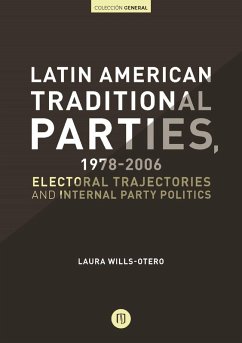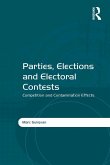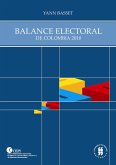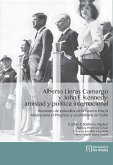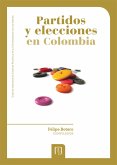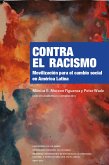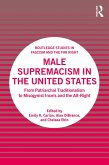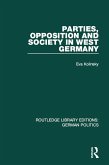Parties are the major actors of political representation in democracies. They have been acknowledged repeatedly as the critical link between voters, representatives and guarantors of democratic governance. Without them, a democracy can hardly be said to exist because they are the principal links between government and society. However, parties can lose their representative capacity, and be challenged by disaffected electorates that pursue other alternatives for political involvement. This book focuses upon the electoral weakening of Latin America's traditional parties. These parties dominated the political arena in the region during the last decades of the twentieth century. They played a significant role in the legitimation of democratic politics in particular when countries transited from authoritarian regimes in the late 1950s (Colombia and Venezuela) and later on, in the late 1970s (e.g., Ecuador) and 1980s (e.g., Argentina, Uruguay, Chile). Latin American traditional parties structured post-authoritarian political and party systems; they defined the rules of the democratic game (i.e., electoral systems); they became consolidated as the principal agents of political representation and were the main actors in policy-making processes. However, by the beginning of the 21st century (2000-2005) many of them faded, and political outsiders with antiestablishment discourses as well as new parties and political movements flourished.
Dieser Download kann aus rechtlichen Gründen nur mit Rechnungsadresse in A, B, BG, CY, CZ, D, DK, EW, E, FIN, F, GR, H, IRL, I, LT, L, LR, M, NL, PL, P, R, S, SLO, SK ausgeliefert werden.

